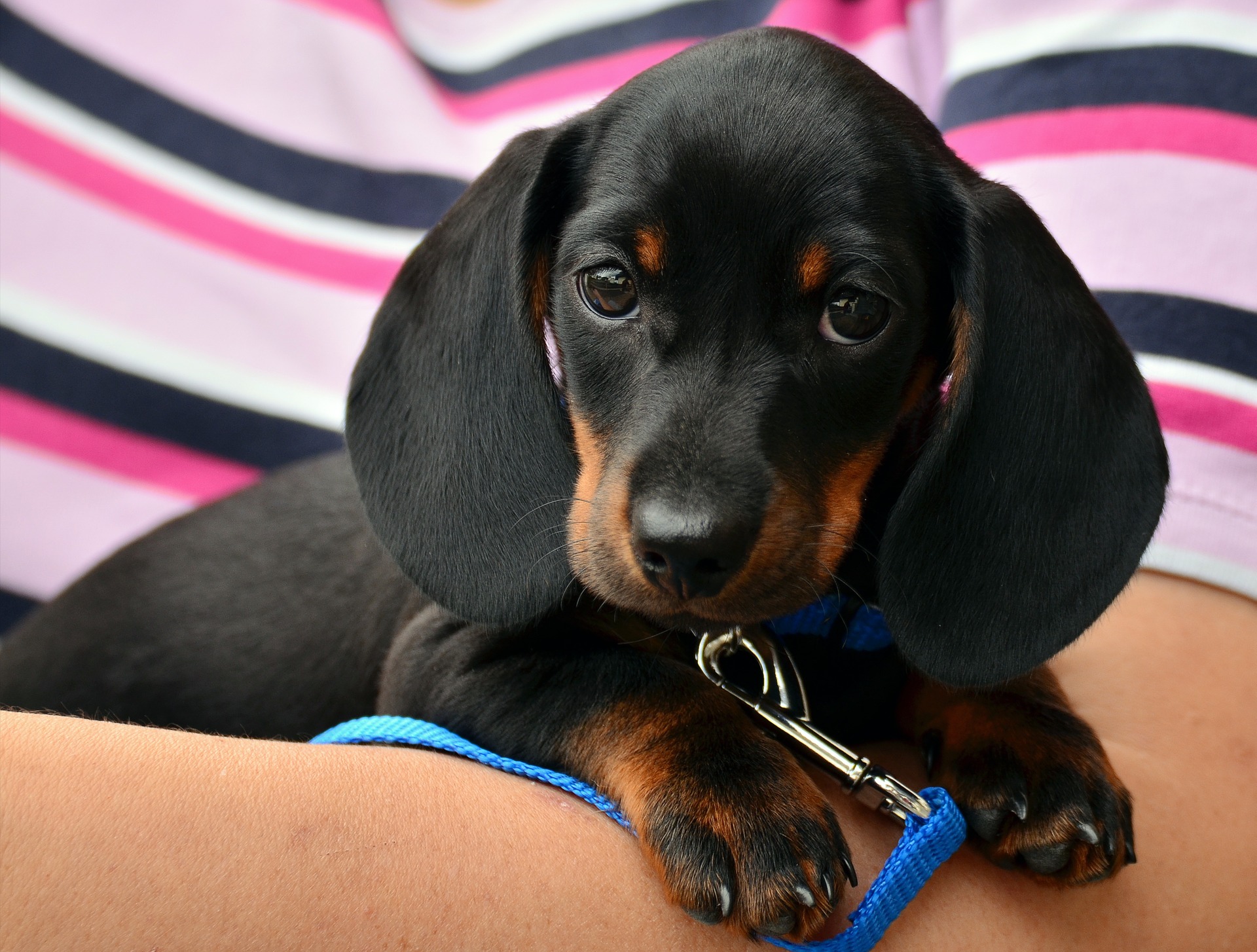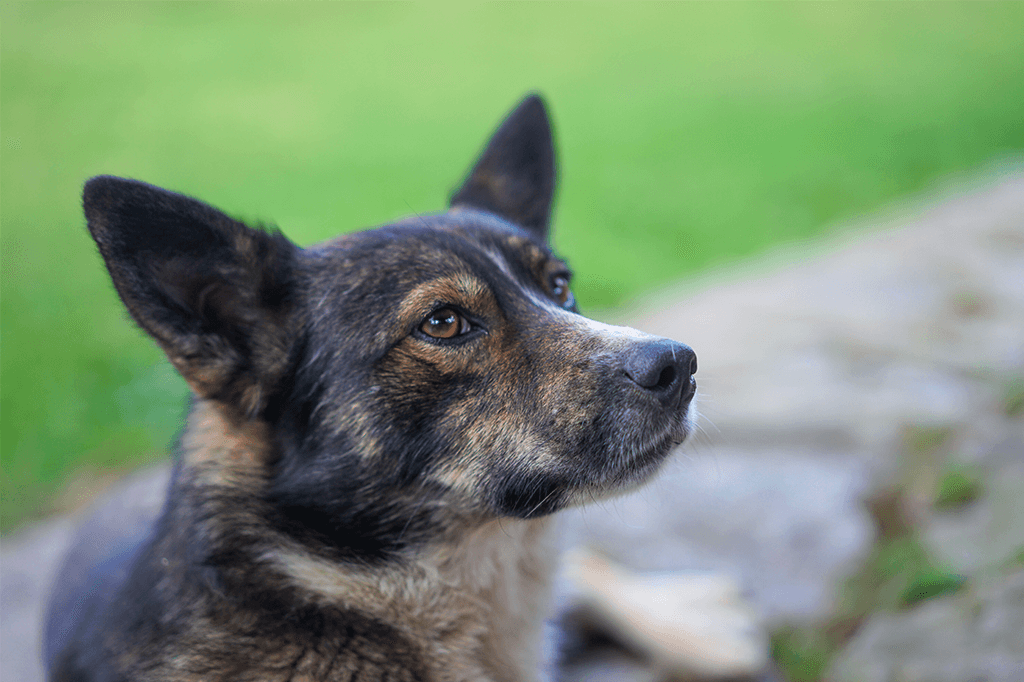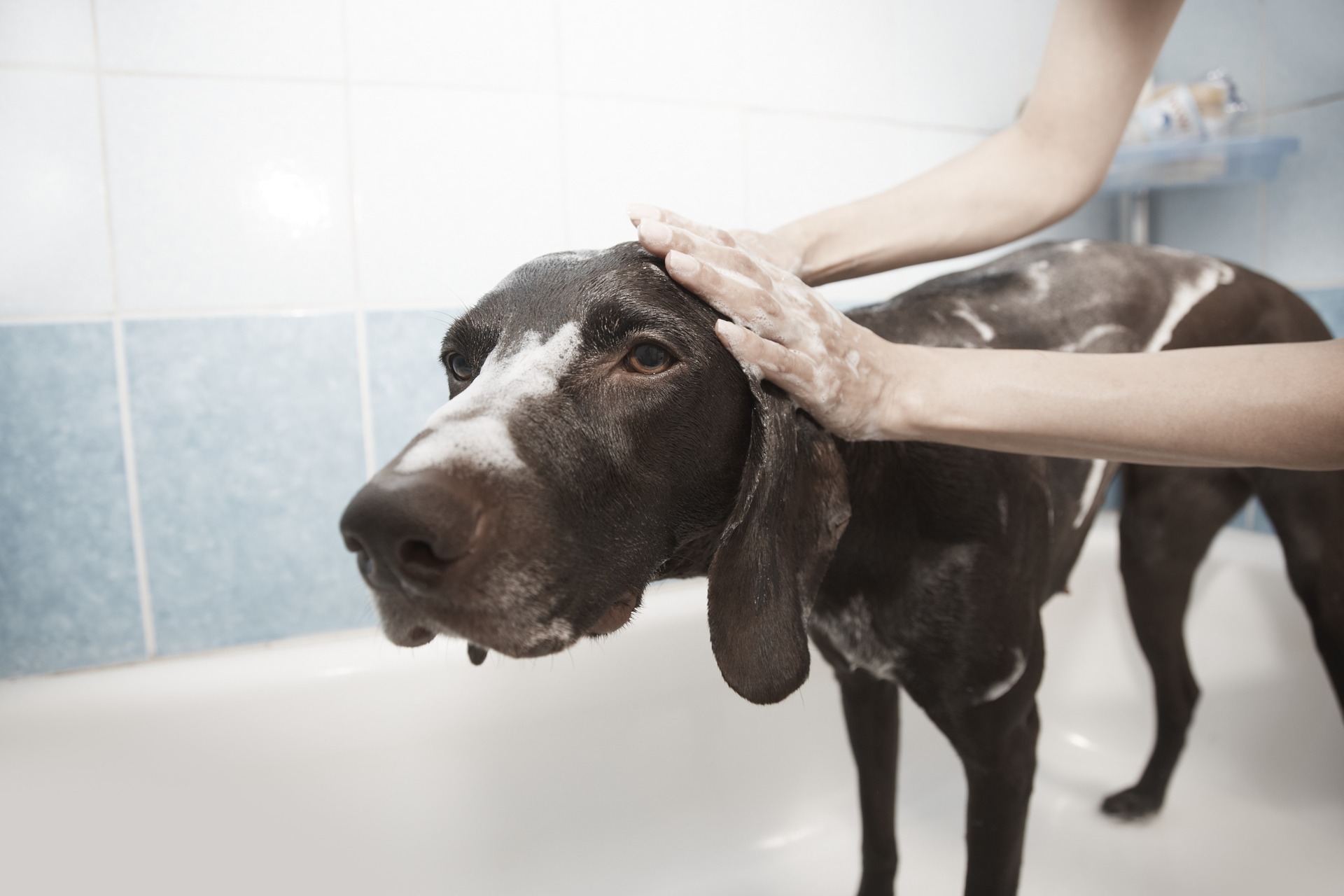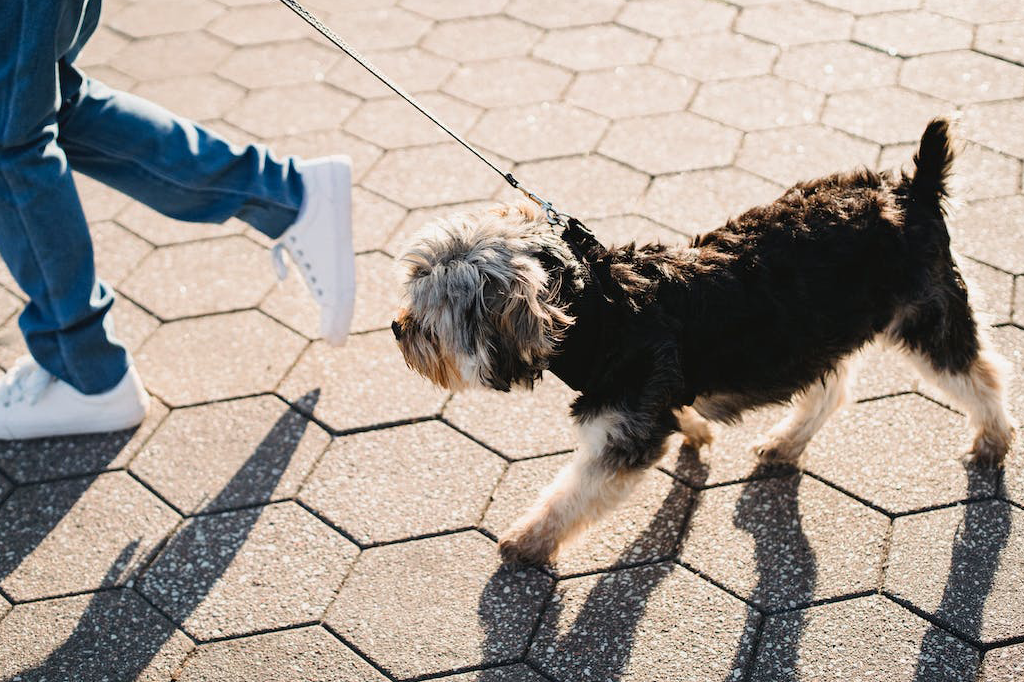How to Bond with a New Rescue Dog
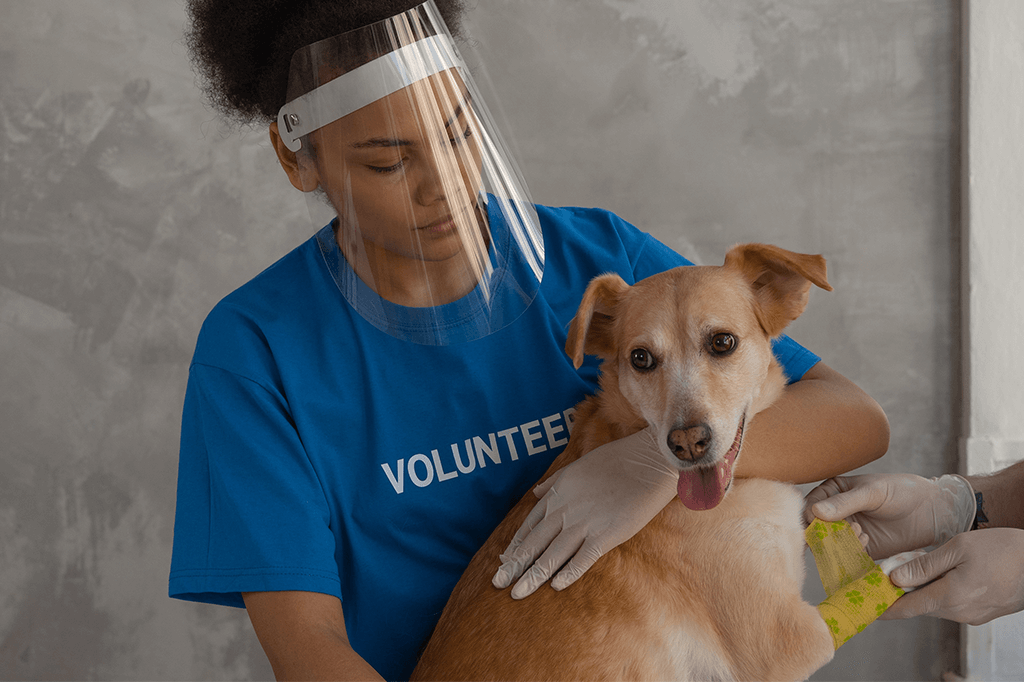
Purchasing a young pup from a breeder usually means that you begin with a relatively clean slate. However, adopting a rescue dog, even if that dog may be quite young, means that that your new pooch will likely come with a bit of baggage.
This can make bonding with a new rescue dog quite challenging, so here are a few tips to speed that process up.
SPEND TIME WORKING ON OBEDIENCE TRAINING
Even if your rescue dog is already trained in the basics, spending some time going over obedience training together can really help you and your pooch to bond.
How?
Because obedience training requires two-way communication. This makes it a great method for teaching a dog and a new owner how to work together.
The two of you will be fully interacting when training, and this is something that will help your rescue dog to feel more comfortable in your company.
COMMIT TO PLAYING
Just about every dog owner out there is guilty of sitting back on the sofa and watching TV, while absent-mindedly tossing a ball around every few minutes for their dog to catch.
Well, don't kid yourself...
Your dog knows very well that he doesn't have your full attention!
This may not seem like a big deal, but playing is an activity that enables your dog to let loose and really enjoy life. You want your dog to associate this with you as much as possible.
So, make sure that you commit to properly playing with your dog a few times a day. Get moving with your pooch, giving your full attention to the game the two of you are playing.
Showing your new rescue dog that his happiness is important to you will help your dog to associate your presence with happiness and fun.
DAILY WALKS
Walking is one of the best ways for an owner to bond with their dog. The fact that daily walks tend to be the best part of a dog's day is an added bonus for your pooch!
Dogs love being able to explore new places and sniff exciting scents. Having you at the other end of the leash will help your dog to feel safe and secure with you around.
Of course, off-leash time is important for your pooch too. However, you never quite know what may trigger your rescue dog to go speeding off into the distance, so keep your new pooch on a lead for at least the first few weeks. Making sure that your dog has a solid understanding of the recall command is also vital before unclipping that leash.
Getting bored of your daily dog walks?
Try mixing things up a bit!
Take your dog along different routes as much as possible. Not only will this be more interesting for you, but it will also help to keep your dog more mentally stimulated.
If you aren't able to keep trying new routes...
Make your own route more exciting!
How?
Try hiding some treats along the way for your pooch to sniff out, or invite another four-legged friend to join you on your walk.
THE IMPORTANCE OF POSITIVE REINFORCEMENT WITH A RESCUE DOG
Positive reinforcement means rewarding your dog when he has done something good.
When it comes to a new rescue dog, emphasizing these positive reinforcements can really help to strengthen your bond.
How should you go about doing this?
Try rewarding your rescue dog for all of the small, but good, things that he does.
This could be any of the following, plus more:
-
Sitting down to wait for something
-
Not barking
-
Being affectionate
-
Showing confidence
-
Being calm
What should you be using to reward your dog?
Treats are usually the best thing to use. Make sure that you hand feed these rather than tossing them on to the floor. This will encourage your dog to trust you and be more comfortable around you.
The treats could be anything from dried liver bites to pieces of your dog's usual kibble. Try to keep your treats varied, as this will ensure that your pooch stays interested and alert.
Physical touch, from a belly rub to a pat on the head, can also be a good way of positively reinforcing certain behaviors. This is also a key aspect of bonding, but make sure that your dog is comfortable with this first.
DEVELOP A ROUTINE
Dogs thrive with a routine, making this so important when it comes to helping your new rescue dog settle in.
Try to involve your dog in your own routine as much as possible, while also setting aside set times for dog-related activities.
This could mean:
-
Feeding your dog at the same time each day
-
Walking them at the same time
-
Playing with them at the same time
-
Cooking your own meals around the same time each day
-
Leaving for and returning from work at the same time each day
It won't be long before your dog knows what to expect from each day. This will help them to understand your needs too, which will enable you to bond so much better.
KEEP YOUR EXPECTATIONS LOW
No matter how much success you may have had with dogs, or even rescue dogs, in the past...
It is important to keep your expectations low when adopting a new rescue dog.
Why?
Because every dog is unique, meaning that every relationship will take its own individual length of time to build.
Feeling disappointed that your experience is not going how you expected it too will only be a barrier when it comes to bonding with your rescue dog.
Many rescue dogs have gone through tough times in the past. This means that they require so much more time and effort when it comes to bonding, compared to other dogs who will immediately give you their whole heart.
With some rescue dogs, owners form an instant bond, but, with others, the bonding process can take quite a bit of time and effort. It is important not to give up, even if progress seems slow, because your dog will eventually come around and start to see you as his new best friend.


